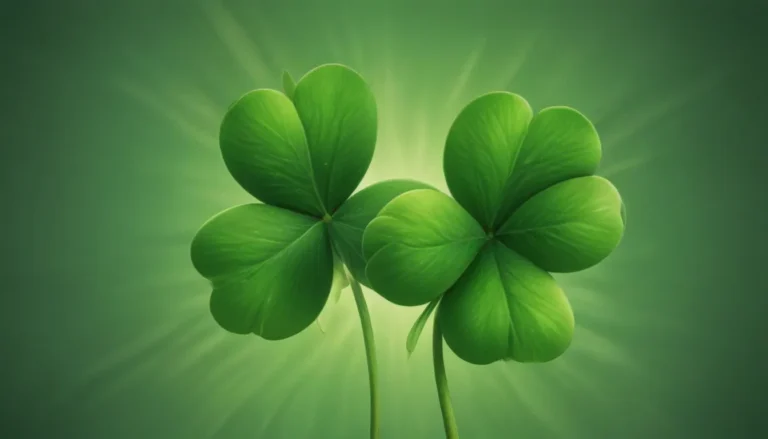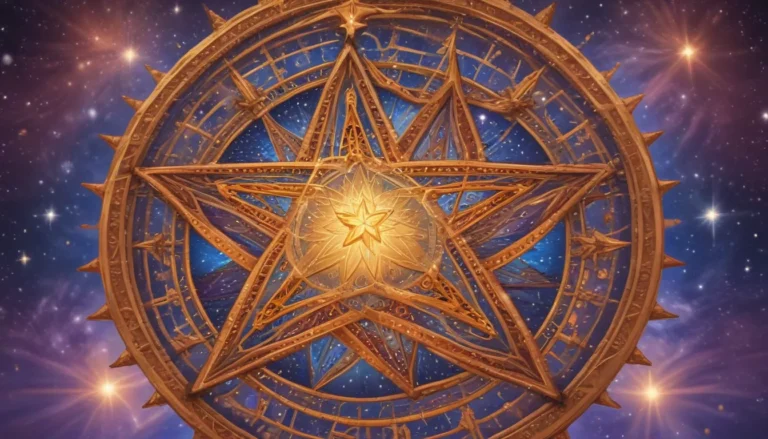
Jumping the broom is a centuries-old tradition that holds immense spiritual meaning, deeply rooted in African cultural practices. It has evolved over time and is now considered a symbolic ritual performed during weddings to unite couples and their families. This comprehensive guide will delve into the history, significance, and modern-day relevance of jumping the broom as a spiritual tradition.
Origins of Jumping the Broom
The origin of jumping the broom traces back to West African culture, where it was practiced by enslaved Africans who were forbidden from having traditional wedding ceremonies. They adapted this ritual using a broomstick as a symbolic bridge between two people. The couple would leap over the broom, signifying the start of their new life together.
Over time, this practice spread across America and became an essential part of African American weddings. It eventually gained widespread acceptance and recognition, even among non-African Americans today.
Symbolism Behind Jumping the Broom
Jumping the broom is filled with symbolic meaning that resonates deeply with couples who choose to incorporate this tradition into their wedding ceremonies:
- Unity: Leaping over the broom represents unity and coming together as one. It signifies a new beginning, where two individuals merge their lives and form a strong bond.
- Cleansing: In some cultures, the act of sweeping or brushing with a broom symbolizes cleansing away negative energy from the past. By jumping over the broomstick, couples are purging any lingering doubts or obstacles that may hinder their relationship.
- Fertility: The broom has long been associated with fertility in many cultures. Jumping over it signifies an intent to grow and nurture a family together.
- Protection: Historically, the act of sweeping with a broom was believed to protect against evil spirits and bad luck. By jumping over the broomstick, couples are symbolically inviting goodness into their new home and life together.
- Resilience: The adaptation of this tradition from its West African roots to modern-day weddings showcases the resilience and strength of African American culture. It serves as a reminder that no matter the challenges faced, love can triumph.
Modern-Day Relevance of Jumping the Broom
Today, jumping the broom has transcended its roots and become an inclusive tradition embraced by couples from various cultural backgrounds. It is often incorporated into multicultural weddings as a way to honor African American heritage while celebrating love and unity. Additionally, this ritual has gained popularity in mainstream media, featuring prominently in movies like “Something New” (2006) and “The Best Man Holiday” (2013).
How to Incorporate Jumping the Broom into Your Wedding
If you’re interested in incorporating jumping the broom into your wedding, here are some ideas to help you plan:
- Choose a broom: You can opt for a traditional straw broom or select a more modern option like a decorative one made from wood or fabric.
- Include it in the ceremony: Jumping the broom can be incorporated into your wedding ceremony as a separate, symbolic act or as part of the unity ritual. Consider having your officiant explain its significance before you leap over the broomstick together.
- Personalize the experience: Add personal touches to make this tradition unique to your relationship. For example, you could ask family members and friends to hold hands and form a circle around you as you jump, symbolizing their support and love for your union.
- Capture the moment: Don’t forget to take photos of this special moment! You can even create a keepsake photo album featuring images from the ceremony.
In conclusion, jumping the broom is a powerful spiritual tradition with deep roots in African culture. Its symbolic meaning and universal appeal make it an excellent choice for couples seeking to honor their heritage while celebrating love and unity. By understanding its history and incorporating this ritual into your wedding day, you’ll create lasting memories that reflect the unique bond between you and your partner.





